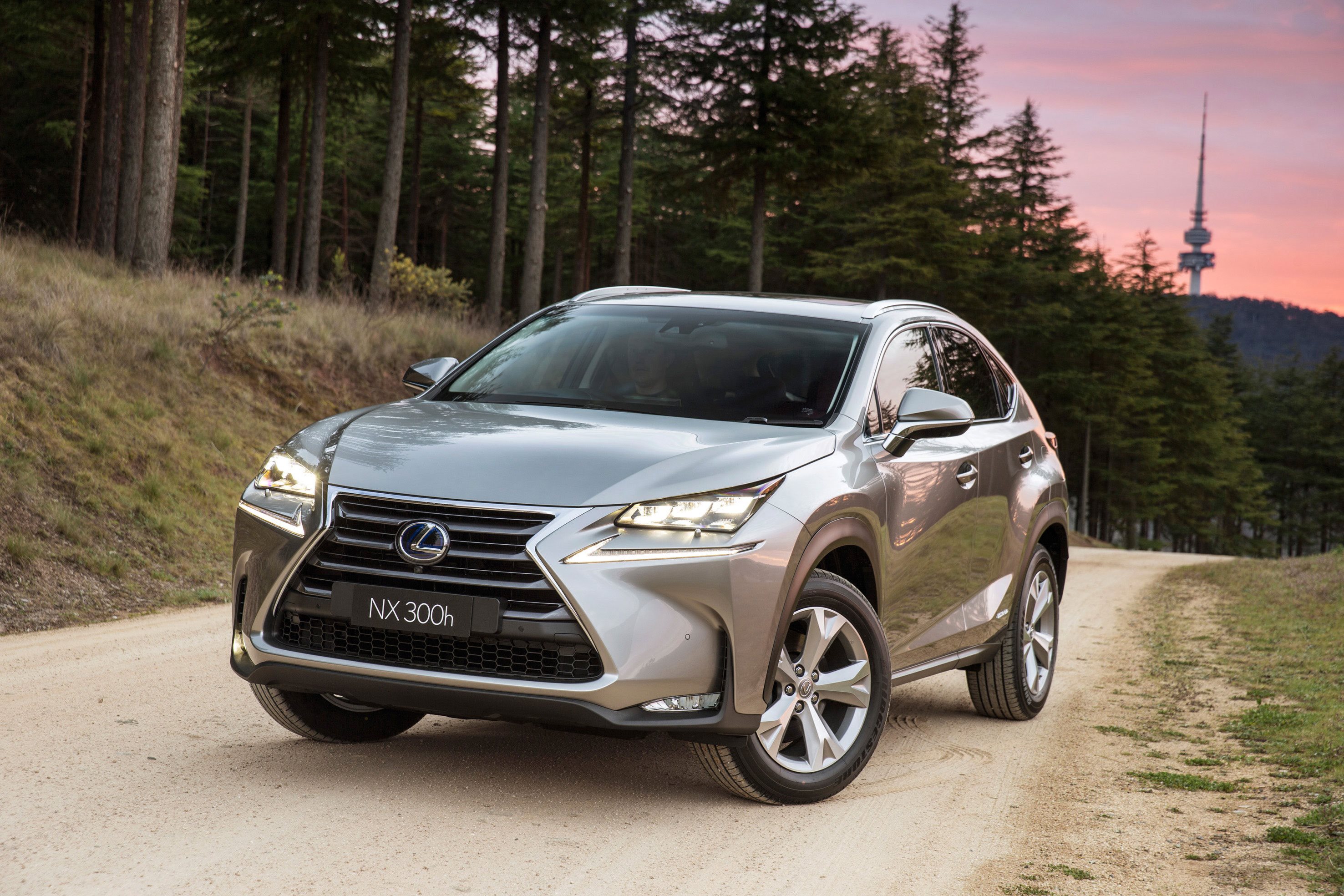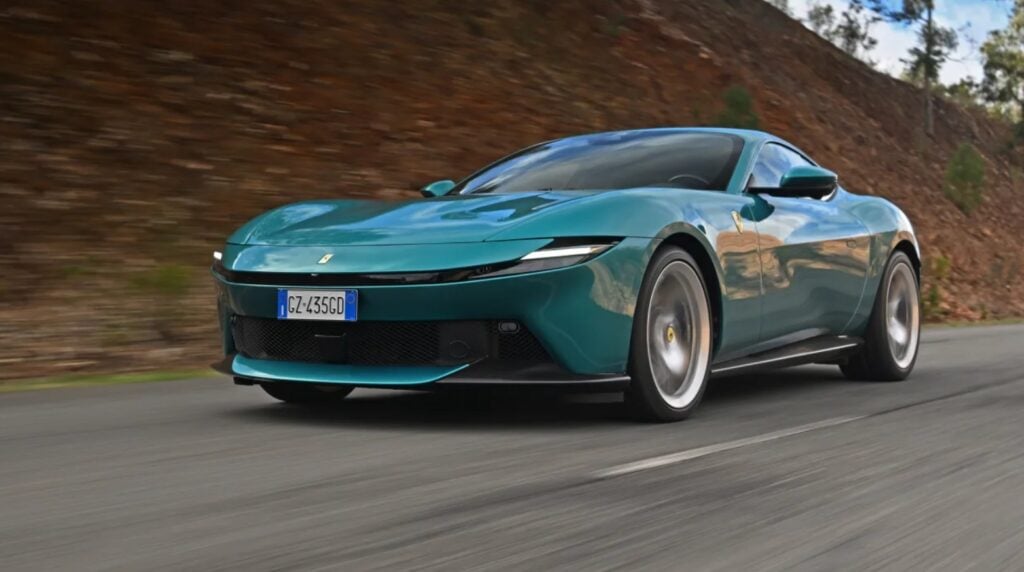DIESEL is still a dirty word at Lexus.
The company launched its new compact prestige SUV in Adelaide this week, but there was no diesel model in the line up.
The two biggest rivals for the new model are the Audi Q5 and the BMW X3. Audi says around 80 per cent of the Q5s it sells have a diesel engine, while BMW says 77 per cent of X3s it sells run on diesel.
They are compelling numbers, but Lexus has no plan to offer a diesel in the NX or any other model it sells.
Instead, it has launched the NX in Australia with a petrol-electric hybrid NX, which is to be joined by a turbo petrol four-cylinder next year.
The chief engineer of the NX, Takeaki Kato, said diesel was never part of the NX project.
“No, the problem with the diesel is the NOx (nitrous oxide) and the particulates, he said.
“We are focused on hybrids.”
Kato says the prestige brand, owned by hybrid pioneer Toyota, only has so much money to invest in power systems and it is better directed at non-diesels.
“Powertrain developments require a lot development investment,” he says.
“We have to develop plug-in, we have to do fuel-cell… we are not so focused on the diesel.”
Wheels asked the chief executive of Lexus Australia, Sean Hanley, whether the NX would be at a big disadvantage by entering the diesel-dominated SUV market without a diesel.
He said: “It is clear that there is demand for diesel in Australia, but Lexus made a decision eight years ago that hybrid technology was our future solution to alternative drivetrain motoring and we stick by that.”
He added: “We feel somewhat vindicated from our own sales and now our competitors are releasing their own hybrids.”
When it comes to volume alone, hybrids are small fry in Australia, with VFACTS figures showing Australians bought just 9344 hybrid vehicles during the first nine months of this year. Over the same period, they bought 529,855 petrol cars and 121,114 diesels (not including utes or vans).
However, around 40 per cent of cars Lexus sells locally are hybrid and Hanley is confident that number can increase to 50 per cent in the near future.
Lexus does not produce any cars with diesel engines, instead offering petrol-electric hybrids for every model, barring the hulking LX 4×4, which is closely related to Toyota’s LandCruiser.
The LX would be a perfect candidate for a diesel engine because of both its size and the fact the donor vehicle has a diesel already.
“I think in that large SUV segment it is clear that there is interest, but right now, in the immediate future, we have now plans for that,” Hanley says.
The NX 300h hybrid, which costs between $55,000 and $75,000 depending on the model, is available as a front-drive or an all-wheel drive.
Its 2.5-litre four-cylinder petrol engine, CVT and electric motor all driving the front wheels is largely the same as the Toyota Camry Hybrid.
However, the AWD version is different again as it has an additional 50kW electric motor that feeds power to the rear wheels when directed by the engine control system.
Kato says the real motor is called on when the front wheels start to slip, but it is also used in all conditions when the car accelerates quickly and when it runs through a corner (to help the car corner better).





